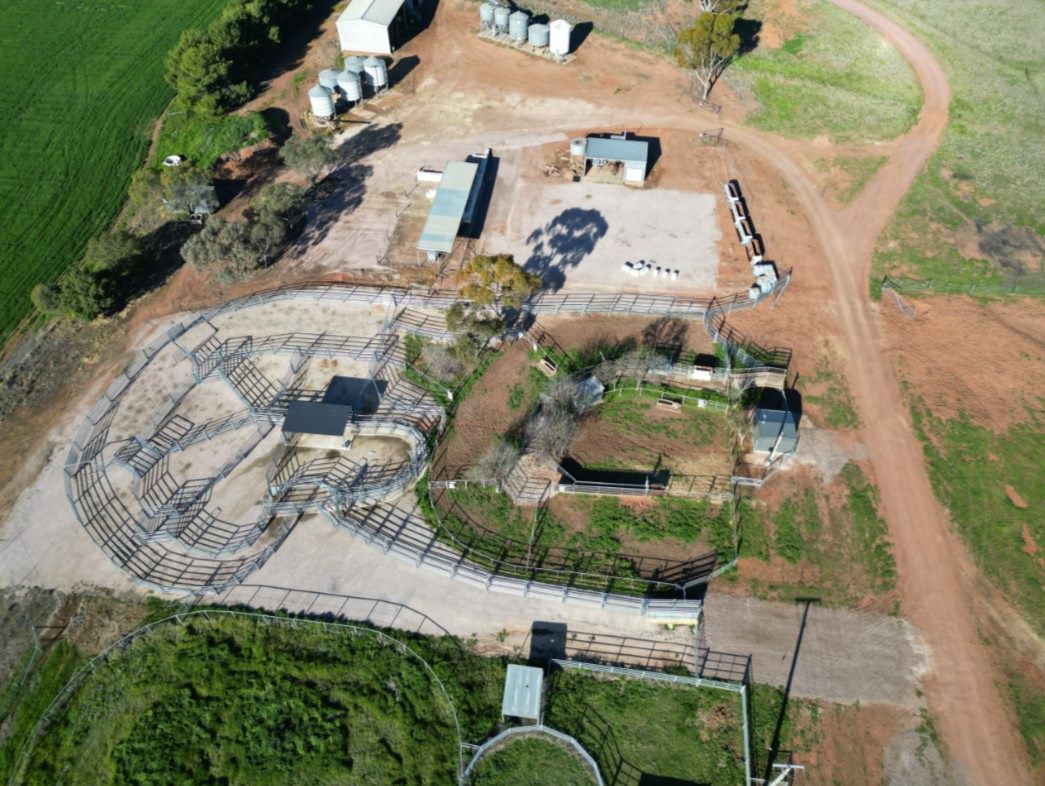New infrastructure boosts Yanco Agricultural Institute’s potential
Staff at the Yanco Agricultural Institute have welcomed 283 flagship Southern Multi Breed (SMB) cows thanks to a significant new infrastructure investment.
The new infrastructure at Yanco includes state-of-the-art cattle yards, a cattle crush, upgraded fencing, and improved cattle watering facilities. These enhancements not only support the current SMB project but also position Yanco as a leading site for future agricultural research and development.

Now in its fifth cohort, the SMB project has recorded over 144,000 data points on project animals. This extensive data collection underpins the project’s goal of enhancing genetic evaluation and breeding strategies for commercial producers.
Moreover, the Yanco herd offers opportunities for collaboration with other research initiatives, such as the Low Methane Beef project, CSIRO’s Immune Competence Project, and studies on cow body composition. These collaborations are set to further enrich the research landscape.
An additional 105 heifers are set to join the herd later this year, further enhancing the institute’s capabilities.
This investment marks a significant step forward for the Yanco Agricultural Institute, promising a bright future for both the institute and the broader agricultural community.

This development is a key part of the SMB project, which is crucial for developing and delivering multi-breed genetic evaluations for commercial producers.
The SMB project conducts head-to-head comparisons of six breeds—Angus, Hereford, Shorthorn, Charolais, Wagyu, and Brahman—across six NSW DPIRD sites: EMAI, Trangie, Glen Innes, Grafton, Wollongbar, and now Yanco. The data collected from these comparisons will provide Estimated Breeding Values (EBVs) for each breed, a resource currently unavailable to the industry.
The project is co-funded by NSW DPIRD, UNE, Meat & Livestock Australia (MLA) and the Commonwealth Government through the MLA Donor Company (MDC).